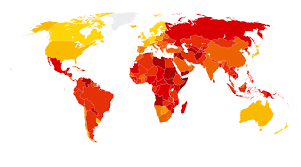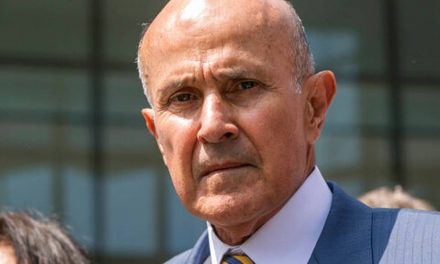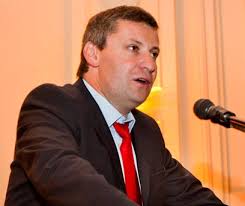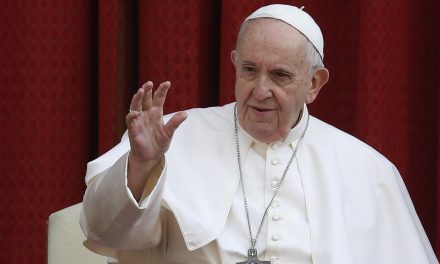26 February 2018
Transparency International (TI) released data pertaining to Corruption Perception index (CPI) 2017. Commenting on the results TI said most of countries are making little or no progress in ending corruption. TI noted countries that respect press freedom, encourage open dialogue tend to be more successful at controlling corruption. Conversely, countries that repress journalists, restrict civil liberties and seek to stifle civil society organisations typically score lower on the CPI. Violence against journalists is high in those countries which score below 45.
China has shown some progress in combating corruption. It went up 2 notches in rank from 79 in 2016 to 77 in 2017. Chinese Communist Party’s Central Commission for Discipline Inspection reported that the party disciplined 4,327 cadres last month, up 45 per cent year on year. China is still in the band of highly corrupt countries.
India was two notches down from 79 in 2016 to 81 in 2017. Despite all the claims about anti-corruption drive, the corruption has not come down. Demonetisation was a step in the wrong direction with undue hardships to the public. Demonetisation was carried out with utmost inefficiency. Punjab National Bank fraud is a typical example. They are shutting the barn door after the horse has bolted. Nirav Modi and his uncle Mehul Choksi are now away in a safe place not reachable by the law. The Reserve Bank and the financing bank failed to detect the fraud before the owners fled the country. The Central Bank is responsible for ensuring proper systems are in place in the banks supervised by it.
There is inefficiency or corruption in the enforcement of the anti-corruption measures. Many corrupt people are escaping punishment due to various reasons. There is no deterrent for corruption.
Whereas in China, in the case of Anbang Insurance Group, the government took control of the company and assets and took the owners into custody. This shows the difference in approach to combatting corruption in the two counties.
Brazil went down 17 notches from 79 to 96. ‘Operation car wash’ investigation exposed the rot in the system. At least, it is laudable that they have allowed the investigations to continue without political interference. When the ruling party and the opposition are corrupt the people have no choice.
Nigeria is another country that has making lot of noise about fighting corruption. Nigeria climbed down 12 places 136 to 148. With oil resources there is a lot of opportunities for plundering the oil revenue. President Buhari is only talking and not sending anyone to jail. Many of the culprits are scot free.
South Africa used to be corruption free during Nelson Mandela’s time became corrupt during Jacob Zuma’s rule. Prosecutors dropped 783 corruption charges against Jacob Zuma in 2009. Zuma was ousted recently by his own party because of his involvement in corruption. Jacob Zuma the new leader of South Africa’s governing ANC party, said in December 2017 that he would stamp out corruption. South Africa lost 7 places from in the rank 64 to 71.
Pakistan is another country talks much about corruption but nothing to eradicate it. It is ranked the 34th most corrupt country in the world, up from 42nd last year. Polls revealed a pervasive culture of fraud, bribery, nepotism, cronyism and misappropriation of funds in the country. In that polls a huge 99% said they had paid bribes to have their taxes lowered.
Pakistan’s prime minister Nawaz Sharif was declared ineligible to hold office by supreme court of Pakistan according to the constitution of Pakistan due to corruption and illegal money stashed abroad by him which surfaced through the Panama Papers. Benazir Bhutto’s government had been brought down by serious economic and financial scandals. Pakistan never made any serious attempt to eradicate corruption.
Global: Corruption Perception Index















